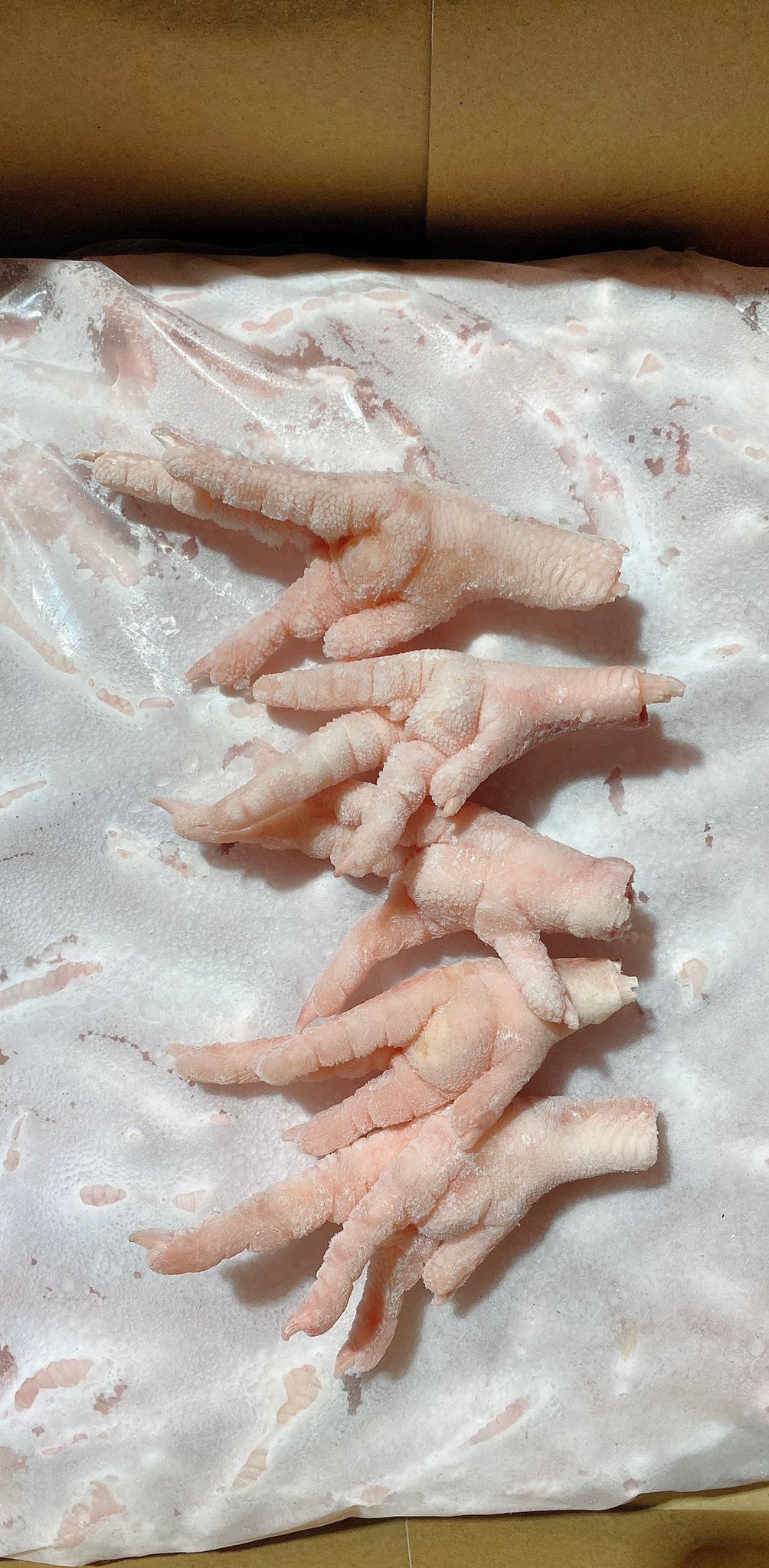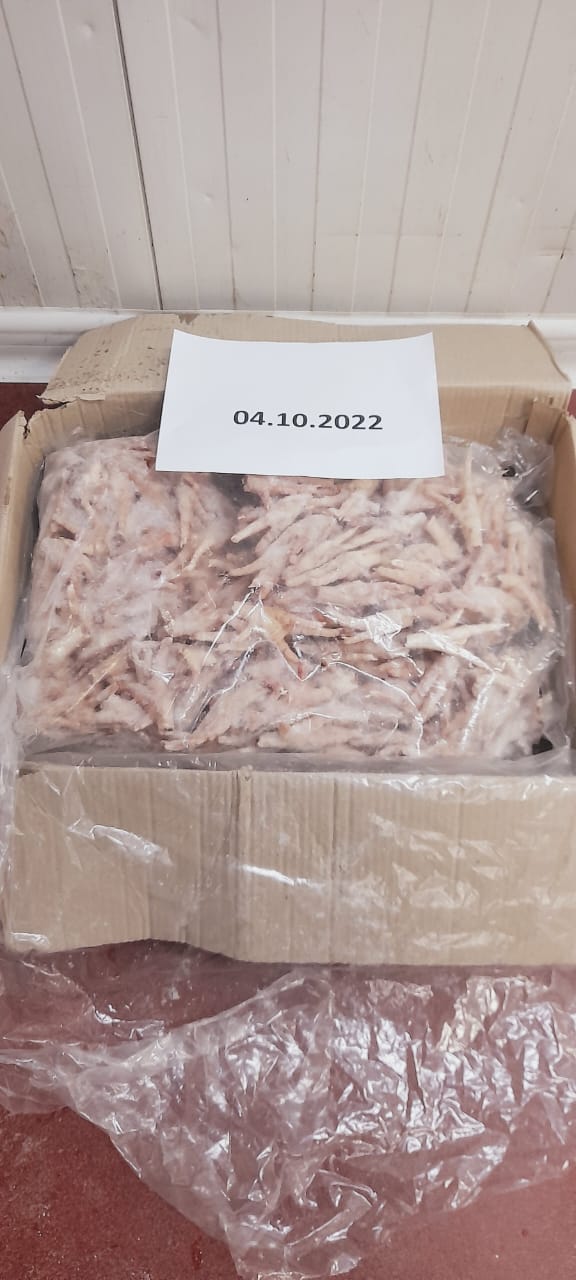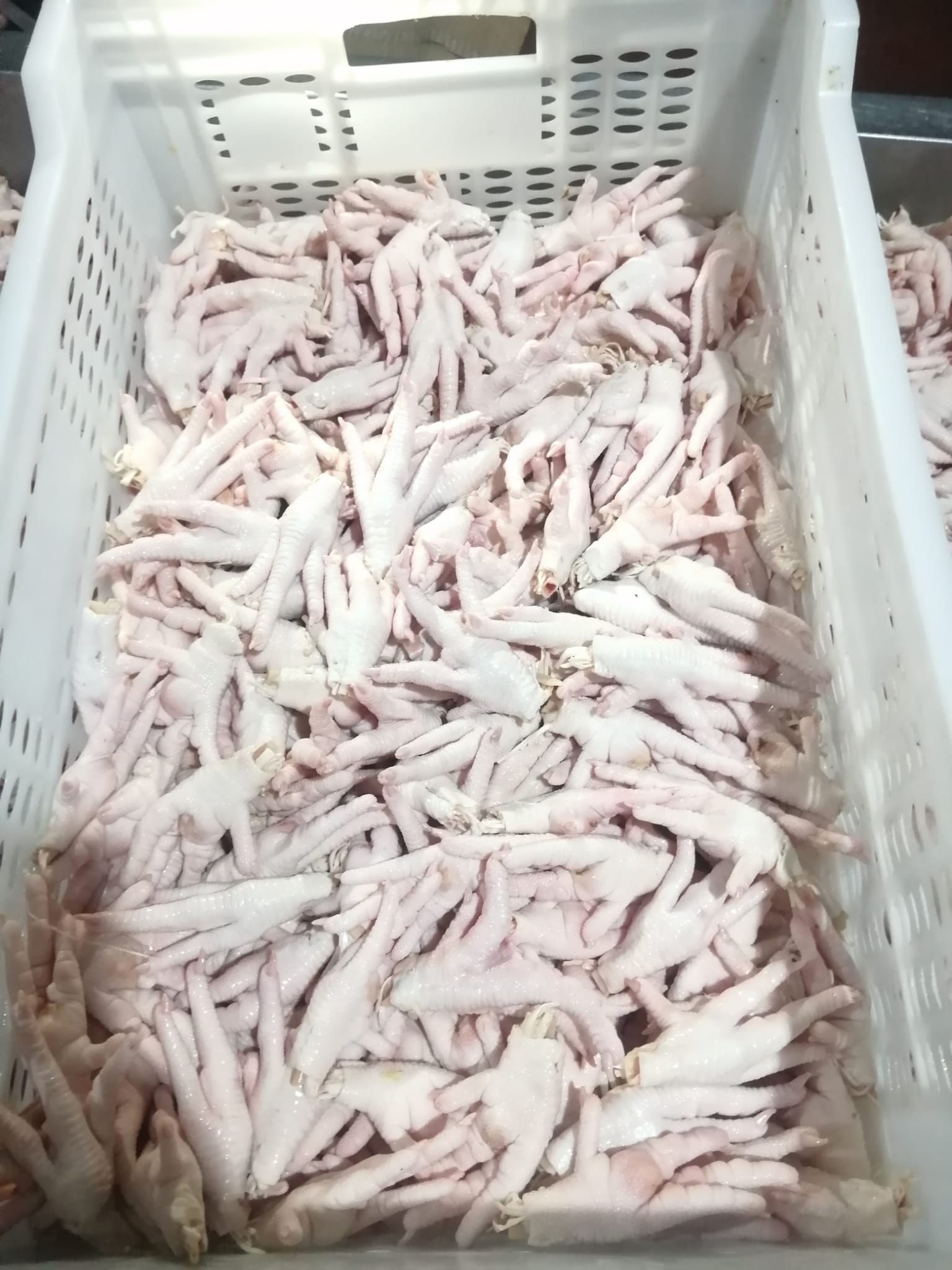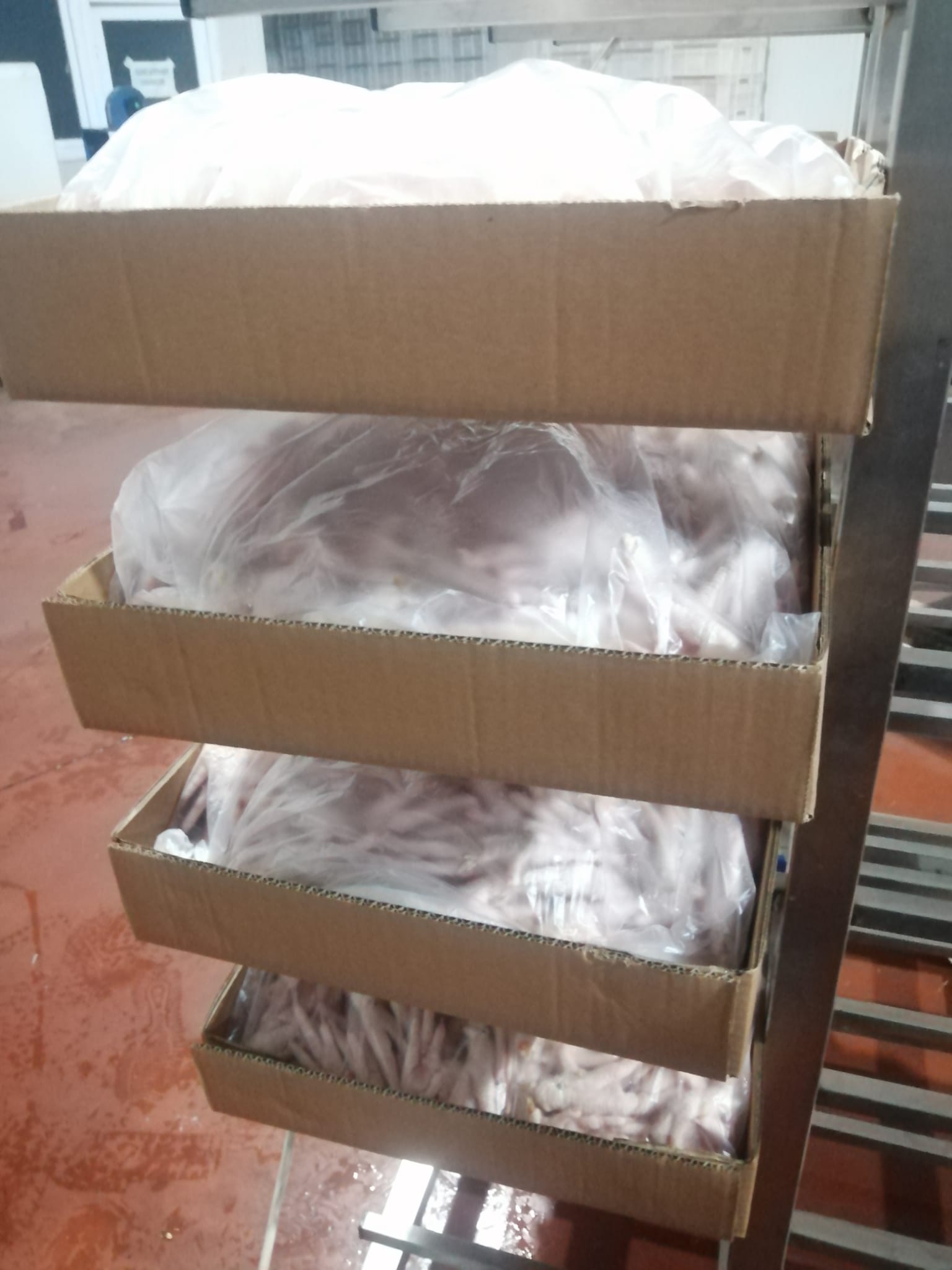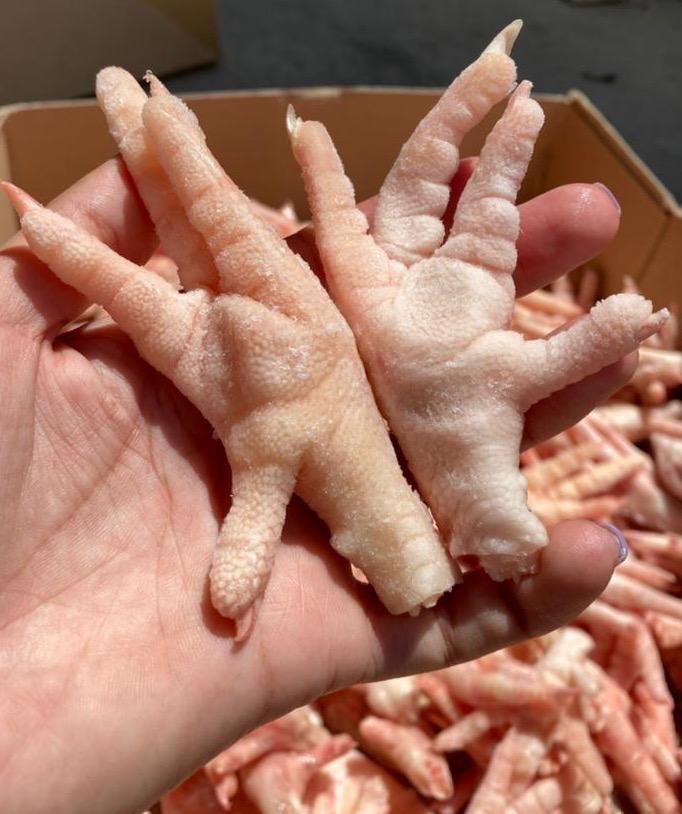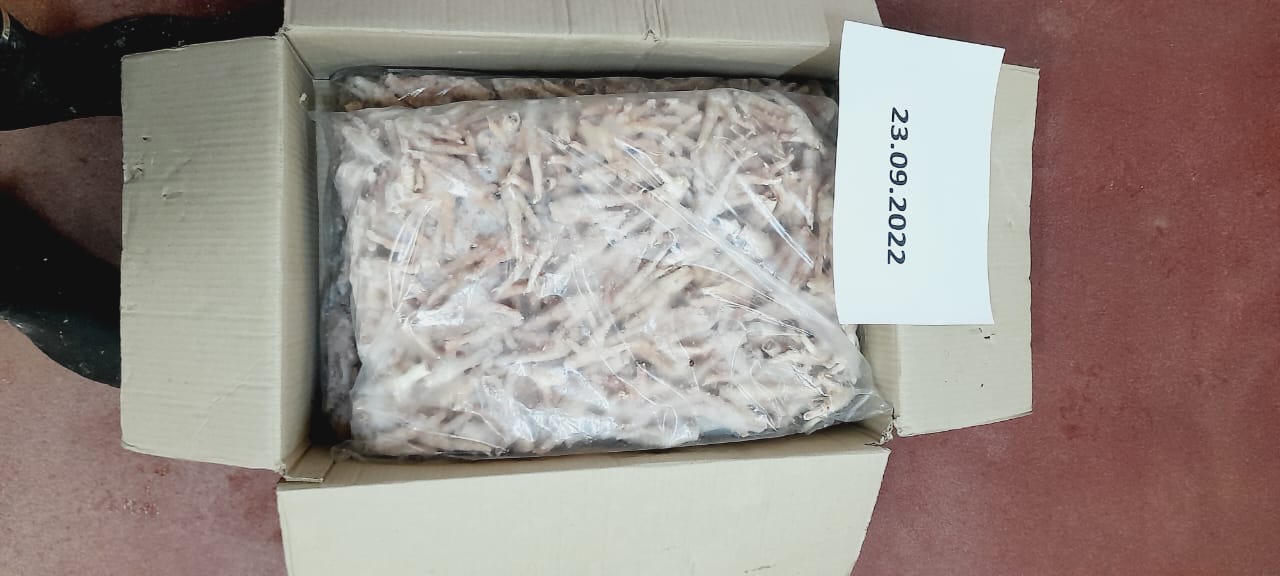Overview of Brazil Chicken Industry
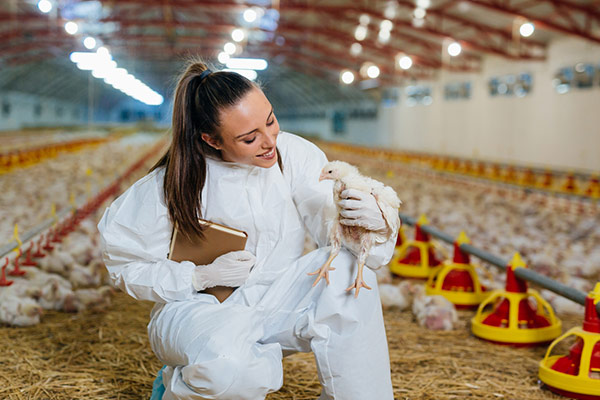 Brazil is one of the world’s largest exporters of poultry products, including chicken feet, chicken paws, and chicken mid-joint wings. These products are in high demand in several international markets, particularly in countries like China and Hong Kong, where they are used in various culinary preparations.
Brazil is one of the world’s largest exporters of poultry products, including chicken feet, chicken paws, and chicken mid-joint wings. These products are in high demand in several international markets, particularly in countries like China and Hong Kong, where they are used in various culinary preparations.
Historically, Brazil has been a major supplier of chicken feet and chicken paws to global markets. These parts are popular in East Asian cuisines, where they are used to make dishes such as chicken feet soup and braised chicken paws. The export volume of chicken feet and chicken paws from Brazil has seen significant growth in recent years, driven by the increasing demand in Asian markets.
Chicken mid-joint wings are also a valuable export commodity for Brazil. Chicken wings, particularly the mid-joint portion, are widely consumed globally, especially in the United States. They are often used as appetizers, barbecued or fried, and are also a popular choice for sports events and gatherings.
History
Brazil has a long history of poultry farming and has become a major player in the global chicken industry. The country’s poultry sector has experienced significant growth and has established a reputation for producing high-quality chicken products.
Brazilian chicken farms have implemented modern production techniques and technology to ensure efficient and sustainable operations. They adhere to strict biosecurity measures to prevent the spread of diseases and maintain the health of the poultry. Additionally, Brazilian poultry farms follow rigorous animal welfare standards to ensure the well-being of the chickens.
The quality of Brazilian chicken products is supported by the country’s focus on food safety and compliance with international standards. Brazil has implemented comprehensive regulations and inspection processes to guarantee the safety and quality of its poultry products. The Brazilian Ministry of Agriculture, Livestock, and Food Supply (MAPA) oversees the industry and conducts regular inspections of farms, slaughterhouses, and processing plants to ensure compliance with these standards.
Furthermore, Brazil’s poultry industry has invested in research and development to improve breeding techniques, feed formulations, and production practices. This has contributed to the consistent quality of Brazilian chicken products, making them sought after in the international market.
The country’s commitment to sustainability is also reflected in its poultry farming practices. Brazilian chicken farms prioritize environmentally friendly practices, such as efficient resource utilization, waste management, and responsible use of antibiotics. This emphasis on sustainability has helped maintain the reputation of Brazilian chicken as a quality product.
Quality Standards
Brazil has a long history of poultry farming and has become one of the world’s leading producers and exporters of chicken meat. The country’s poultry industry has evolved over several decades, and its success can be attributed to various factors, including the quality of its chicken farms.
Modernization: Brazilian chicken farms have undergone significant modernization and technological advancements over the years. Many farms have implemented state-of-the-art facilities, automated systems, and advanced breeding and production techniques to improve efficiency and maintain high standards of quality.
Biosecurity Measures: Biosecurity is a crucial aspect of Brazilian chicken farming. Farms prioritize implementing strict biosecurity protocols to prevent the introduction and spread of diseases. Measures such as controlled access, disinfection processes, and monitoring systems help ensure the health and safety of the birds.
Genetic Improvement: Brazilian chicken farms have focused on genetic improvement programs to develop poultry breeds that are well-suited for meat production. These breeding programs aim to enhance growth rates, meat quality, disease resistance, and other desirable traits, resulting in higher-quality chicken products.

